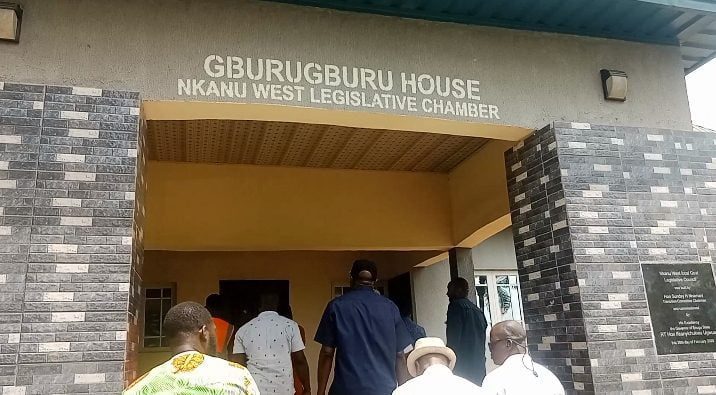The Central Bank of Nigeria (CBN) has introduced comprehensive guidelines to regulate the activities of Bureau de Change (BDC) operators in Nigeria, effective June 3, 2024.
According to a circular from Haruna Mustafa, CBN’s Director of Financial Policy and Regulation, these guidelines aim to restructure the BDC sector and enhance its role in the foreign exchange market. The new rules set a minimum capital base of N2 billion for Tier-1 BDCs and N500 million for Tier-2 BDCs. Additionally, the mandatory caution deposits of N200 million for Tier-1 and N50 million for Tier-2 BDCs have been removed.

Existing BDCs are required to reapply for new licenses and meet the updated capital requirements within six months of the guidelines taking effect. The CBN has also prohibited BDC operators from engaging in street trading, international transfers, financing political activities, dealing in precious metals, and handling crypto assets or other virtual currencies. Transactions above $500 must be conducted digitally.
The circular highlights that these reforms follow stakeholder consultations and are backed by the Banks and Other Financial Institutions Act (BOFIA) 2020. The guidelines outline new licensing requirements, permissible activities, financial criteria, corporate governance standards, and anti-money laundering measures.
The CBN mandates that all transactions above $10,000 require a declaration of the source of the foreign exchange, adhering to AML/CFT regulations. Sales of foreign currency from individual domiciliary accounts to BDCs must be credited to the BDC’s Nigerian domiciliary account. For digital purchases, payments must be transferred to the customer’s Naira account, and non-residents may receive a prepaid NGN card. Cash purchases above $500 must be transferred to the customer’s Naira bank account.
This regulatory overhaul comes amid significant volatility in Nigeria’s foreign exchange market. Since President Bola Tinubu took office, the Naira has fluctuated drastically, plunging from N700/$1 in May 2023 to an all-time low of N1,900/$1 in February 2024, before partially recovering to N1,100/$1 in April, only to drop again to N1,600/$1 in May. CBN Governor Olayemi Cardoso attributed these fluctuations to “seasonal demands.”
These measures are part of the CBN’s efforts to stabilize the Naira and bring order to the foreign exchange market, aiming to foster a more transparent and efficient BDC sector in Nigeria.




